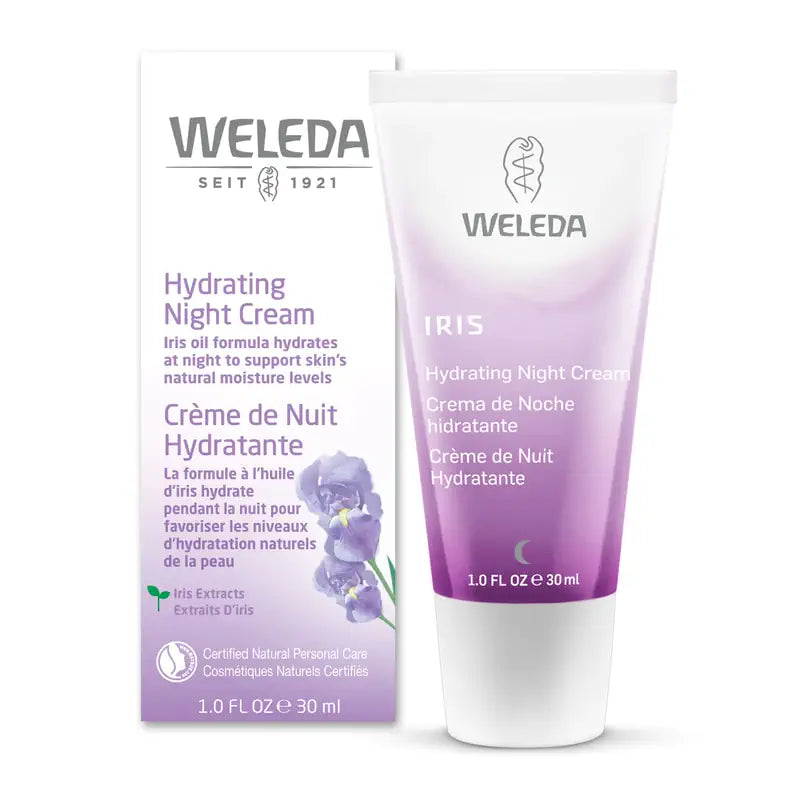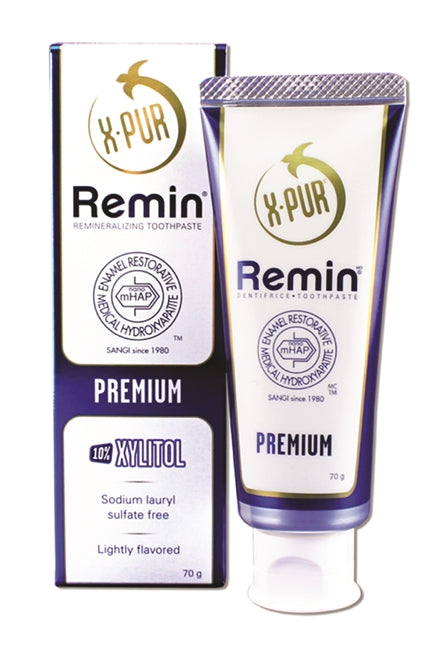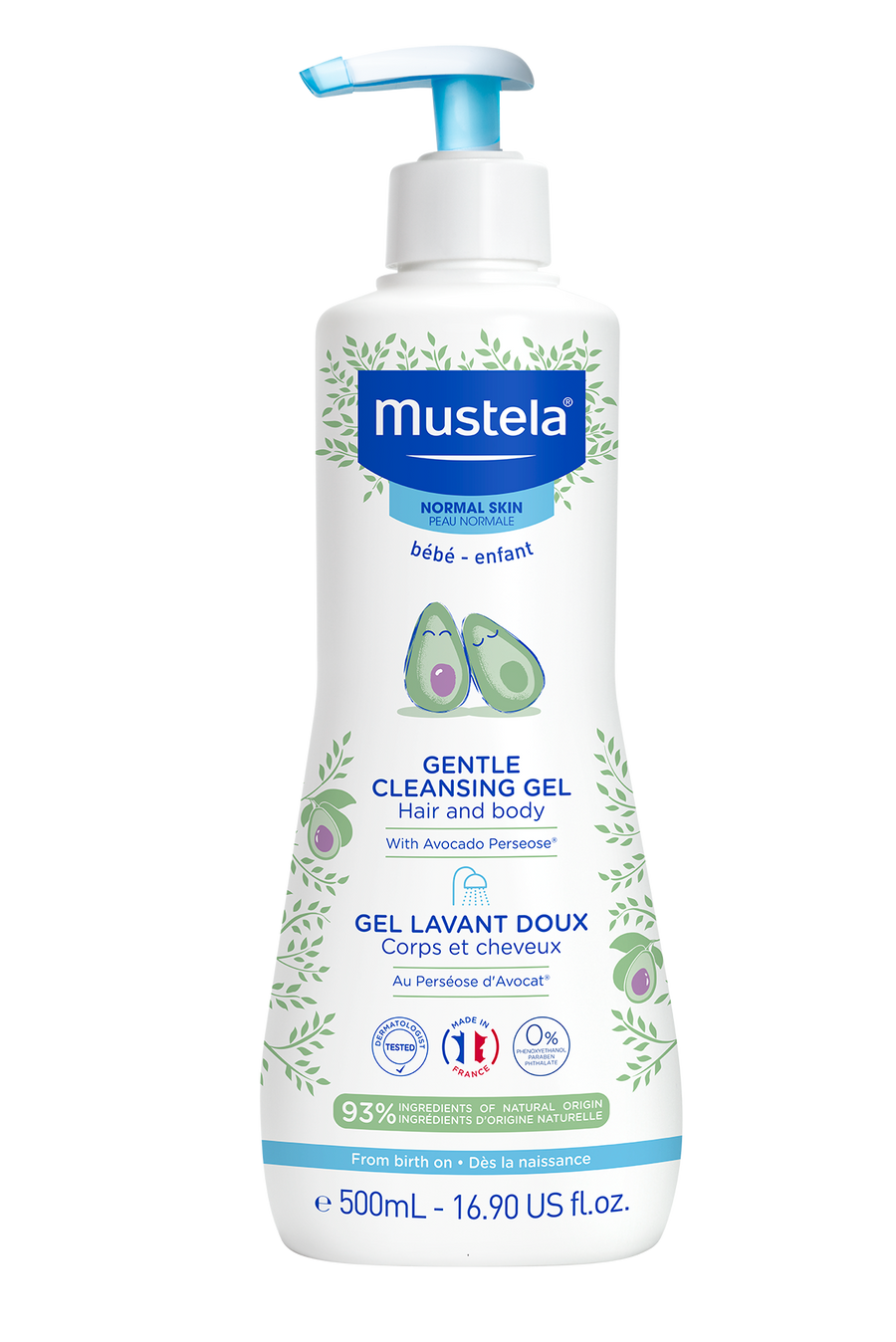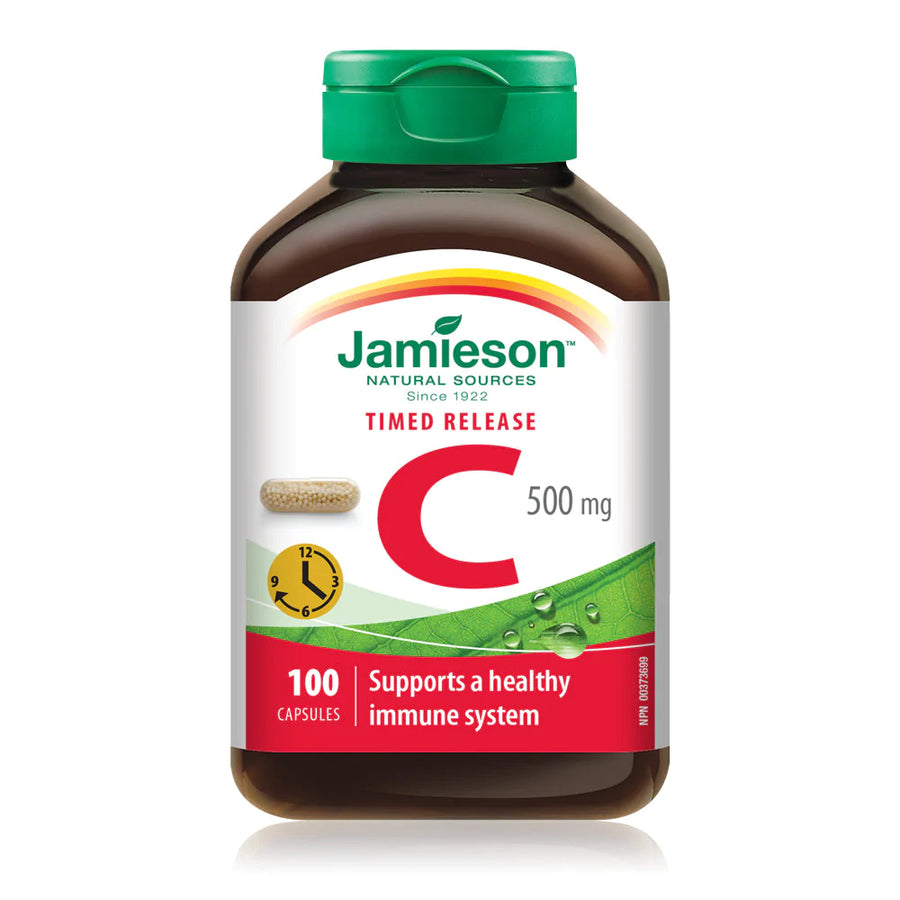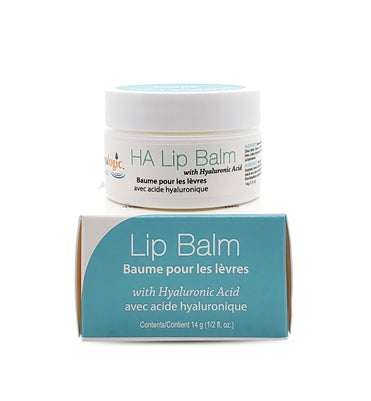Preparing for the cold period
Preparing for the cold period, which typically refers to the fall and winter seasons, is important to ensure your health and well-being during colder weather. Here are some health recommendations to consider:
Boost Your Immune System: Strengthen your immune system by eating a balanced diet rich in fruits, vegetables, and whole grains. Ensure you're getting enough vitamins and minerals, especially vitamin C and vitamin D. Consider taking supplements if your doctor recommends it.
Stay Active: Regular physical activity can help keep your immune system strong and improve your mood during the colder months. Consider indoor activities like swimming, yoga, or joining a gym if outdoor exercise becomes challenging.
Dress Warmly: Cold weather can be harsh on your body, so dress in layers to stay warm. Wear thermal or moisture-wicking fabrics to keep dry and insulated. Don't forget a hat, gloves, and a scarf to protect your hands, head and neck.
Stay Hydrated: Even in cold weather, it's essential to stay hydrated. Drink plenty of water throughout the day to maintain good health.
Practice Good Hand Hygiene: Cold and flu viruses are easily transmitted through hand contact. Wash your hands frequently with soap and warm water for at least 20 seconds, especially before eating or touching your face.
Get Adequate Sleep: Sleep is crucial for overall health and immune function. Ensure you get 7-9 hours of quality sleep each night.
Manage Stress: The holiday season and shorter days can be stressful. Practice stress-reduction techniques like meditation, deep breathing, or yoga to keep stress levels in check.
Eat Nutrient-Rich Foods: Focus on a diet rich in nutrients, including lean protein, healthy fats, and whole grains. Foods high in antioxidants, like berries and leafy greens, can help support your immune system.
Stay Socially Connected: Loneliness and isolation can negatively impact mental and physical health. Stay connected with friends and family, even if it means using virtual methods.
Consider a Vitamin D Supplement: Many people have lower vitamin D levels in the winter due to reduced sunlight exposure. Consult with a healthcare professional to determine if you need a supplement.
Winterize Your Home: Ensure your home is adequately insulated and heated. Cold indoor temperatures can contribute to health problems.
Flu Symptoms: If you experience symptoms of the flu, such as fever, cough, and body aches, contact a healthcare provider promptly for guidance and consider staying home to prevent the spread of illness.
Stay Informed: Keep an eye on local weather forecasts and health advisories, especially during severe weather events.
Consult a Healthcare Provider: If you have specific health concerns or conditions, consult with your healthcare provider for personalized advice on how to prepare for the cold period.
Remember that everyone's health needs are unique, so it's essential to consult with a healthcare professional for personalized recommendations, especially if you have pre-existing medical conditions or specific concerns about the cold weather's impact on your health.


